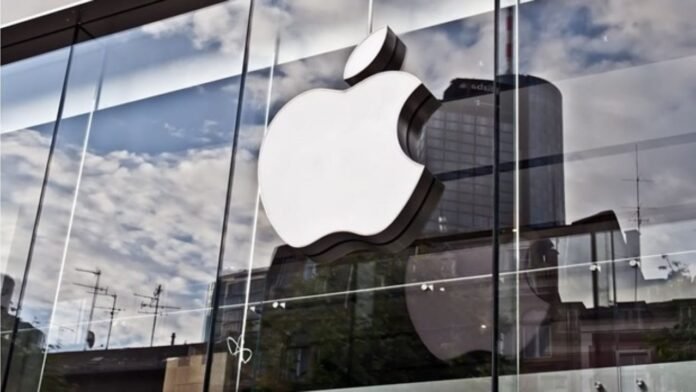China decision to bar government officials from using Apple iPhones and other foreign-branded devices at work or inside government offices is sending shockwaves through the tech world. In a matter of just 48 hours, this move has caused Apple to lose a staggering Rs 16 Lakh Crore. But what are the implications, and why did China take such a bold step? Let’s dive into the details.
Implications for Apple’s Upcoming Event
The timing of this ban couldn’t be more significant. Apple is gearing up for a major event next week, where it plans to unveil its latest iPhone. This ban could potentially cast a shadow over the event, raising concerns among investors and tech enthusiasts alike.
China-US Rivalry Escalates
This ban is not just about iPhones; it’s a reflection of the escalating rivalry between China and the United States. As tensions between the two superpowers continue to mount, China is taking steps to reduce its reliance on foreign technologies. This move is in line with its decade-long effort to promote local software and boost domestic semiconductor chip manufacturing.
The Dual Circulation Growth Model
In 2020, China leadership introduced the “dual circulation” growth model, a strategy aimed at reducing dependence on overseas markets and technology. Data security concerns played a pivotal role in this shift. The recent ban on iPhones underscores China commitment to this strategy.
China Call for Self-Reliance
China has been urging state-owned businesses to contribute to its mission of achieving self-reliance in technology. With tensions between China and the US leading to restrictions on vital equipment, Beijing is taking every measure to secure its tech future. Even giants like Apple are not immune.
Apple’s Massive Presence in China
Apple’s significance in China cannot be overstated. It’s one of the company’s biggest markets, accounting for nearly a fifth of its revenue. The ban has implications not only for Apple but also for the hundreds of thousands, if not millions, of workers involved in the assembly of Apple products through its partnership with Foxconn.
Diversifying Supply Chains
Analysts believe that this ban should serve as a wake-up call for companies. Tom Forte, an analyst at D.A. Davidson, suggests that this move by China should inspire companies to diversify their supply chains and customer bases, reducing their dependency on China, especially if tensions between the two nations continue to escalate.
China: An “Uninvestable” Destination?
U.S. Commerce Secretary Gina Raimondo has expressed concerns about China becoming an “uninvestable” destination for U.S. companies. Fines, raids, and other actions have created a risky environment for businesses in the world’s second-largest economy. The United States has responded with similar bans, targeting Chinese firms like Huawei Technologies and TikTok.
In conclusion, China ban on iPhones for government officials may seem like a small move, but it carries significant implications for Apple and the broader tech industry. It reflects China determination to reduce its reliance on foreign technology and marks another chapter in the ongoing rivalry between China and the United States. As we await Apple’s upcoming iPhone launch, the tech world will be watching closely to see how this ban impacts the company’s fortunes in one of its most crucial markets.

